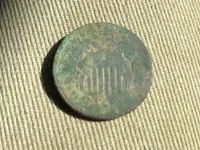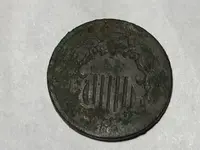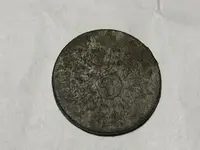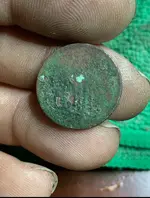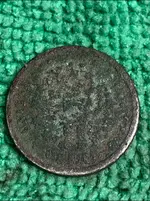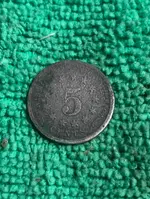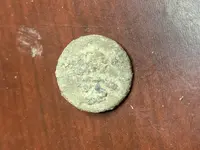yes, I have used it virtually every metal...copper and brass work really, really well...(with these metals, you have to get them coated rahter quickly, since they are warmed up, will oxidize pretty fast)
keep in mind that your shield nickel is 75% copper...
silver, gold, nickle, work very nicely as well, just takes a little longer...
dip half of the coin and take a picture...or try it with other coins...just so you know....it really does work the best for coins to make a packet with the coin and baking soda wraped in foil and dropped in boiling water...
I keep a pan boiling ad add more aluminum and baking soda when it slows down,,,,
This is sorta the concept...but for me a rolling boil really gets into all the nooks...




